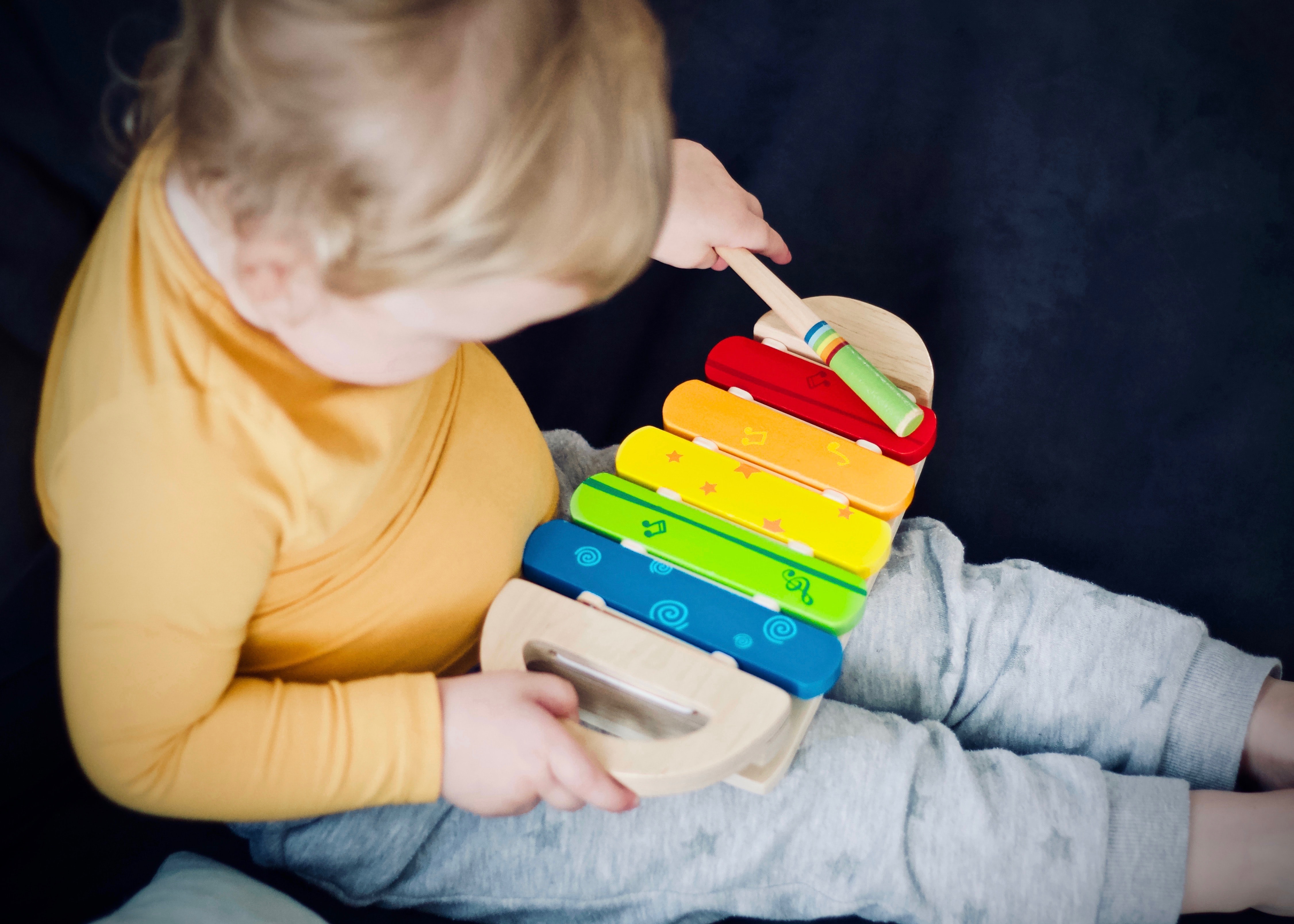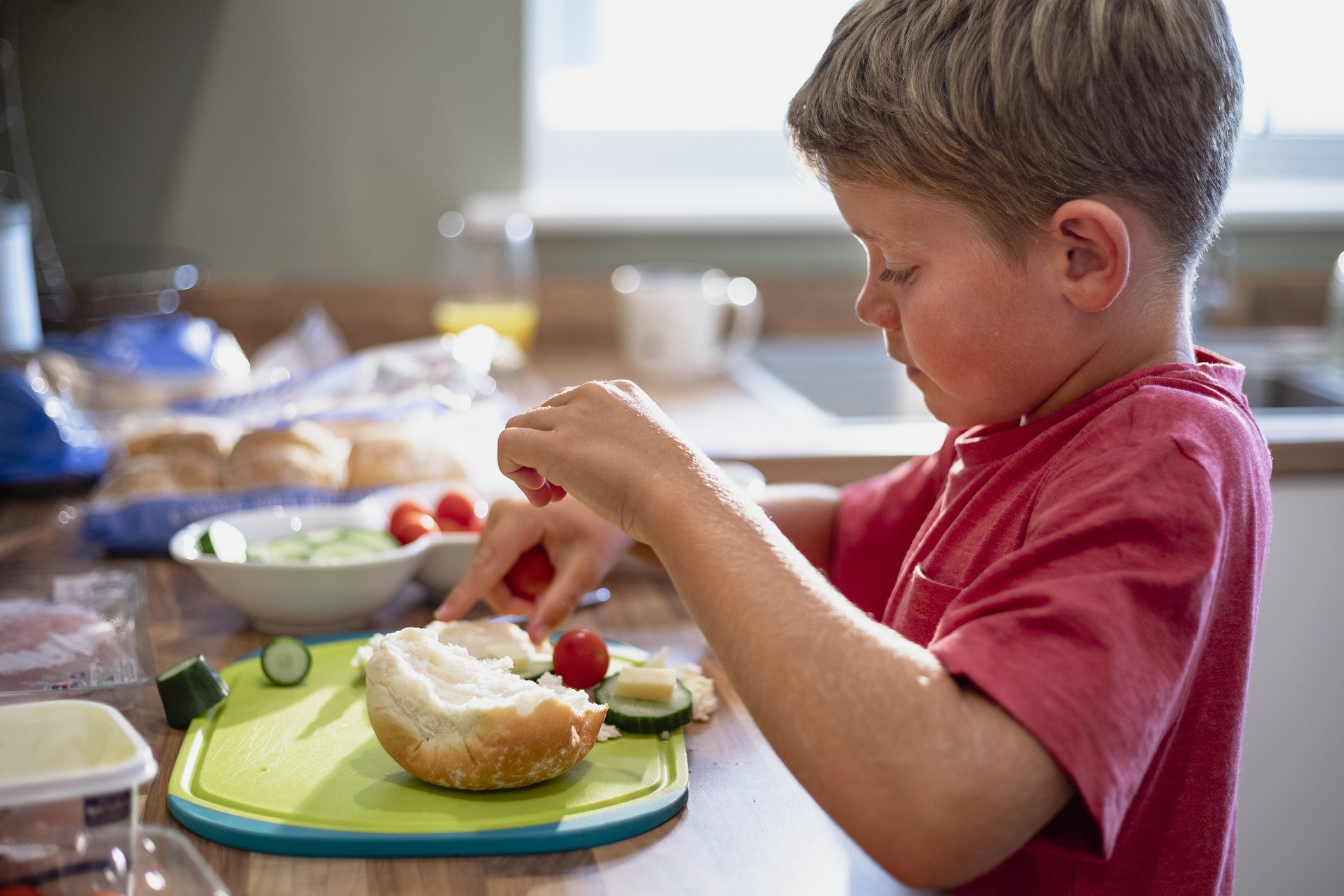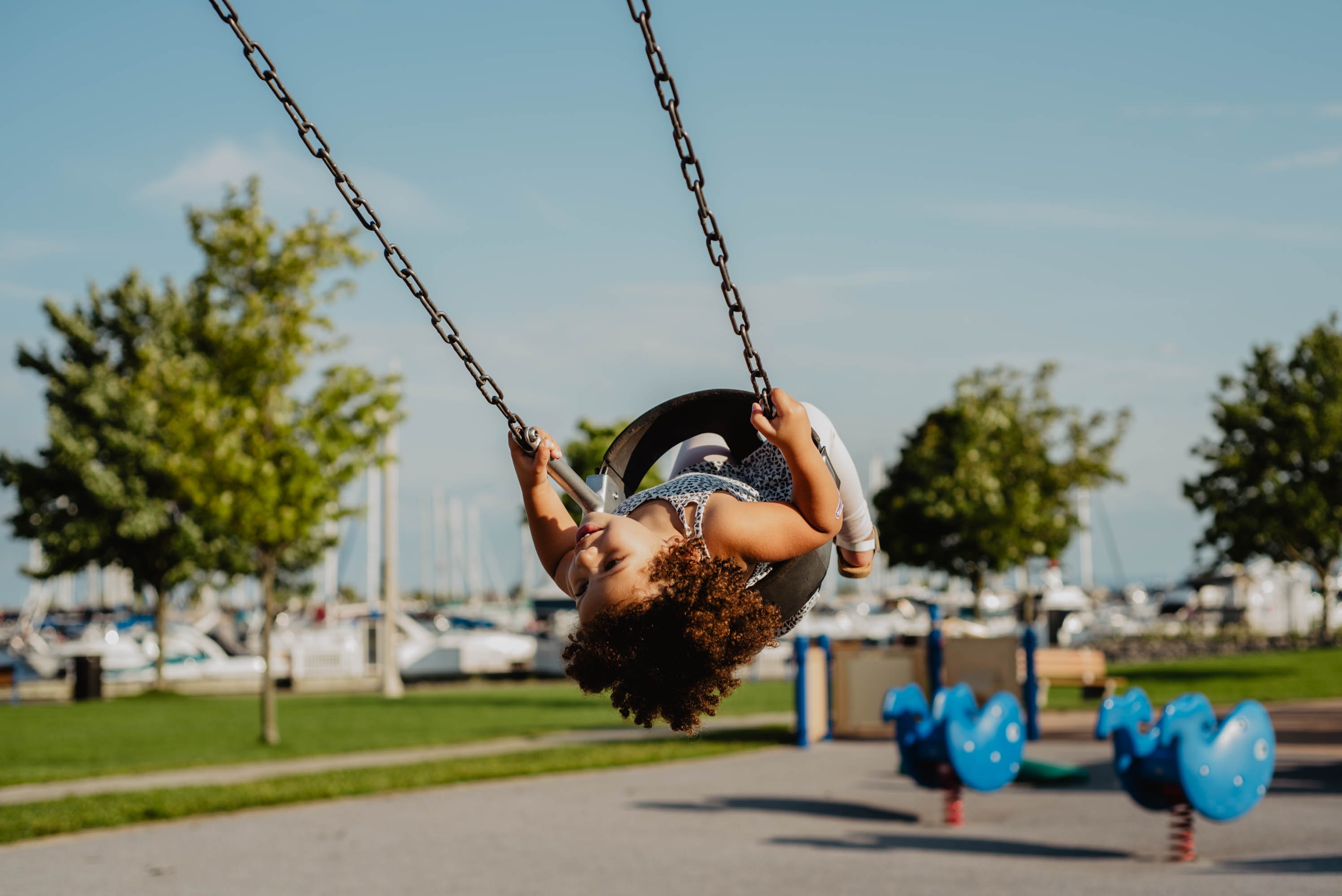I had a parent talk to me about how they are frequently told it is important for children to swing, slide and spin around, but have not been told why this was important. Children learn and develop through engaging their senses in novel and interesting ways. They have an innate drive to seek...









